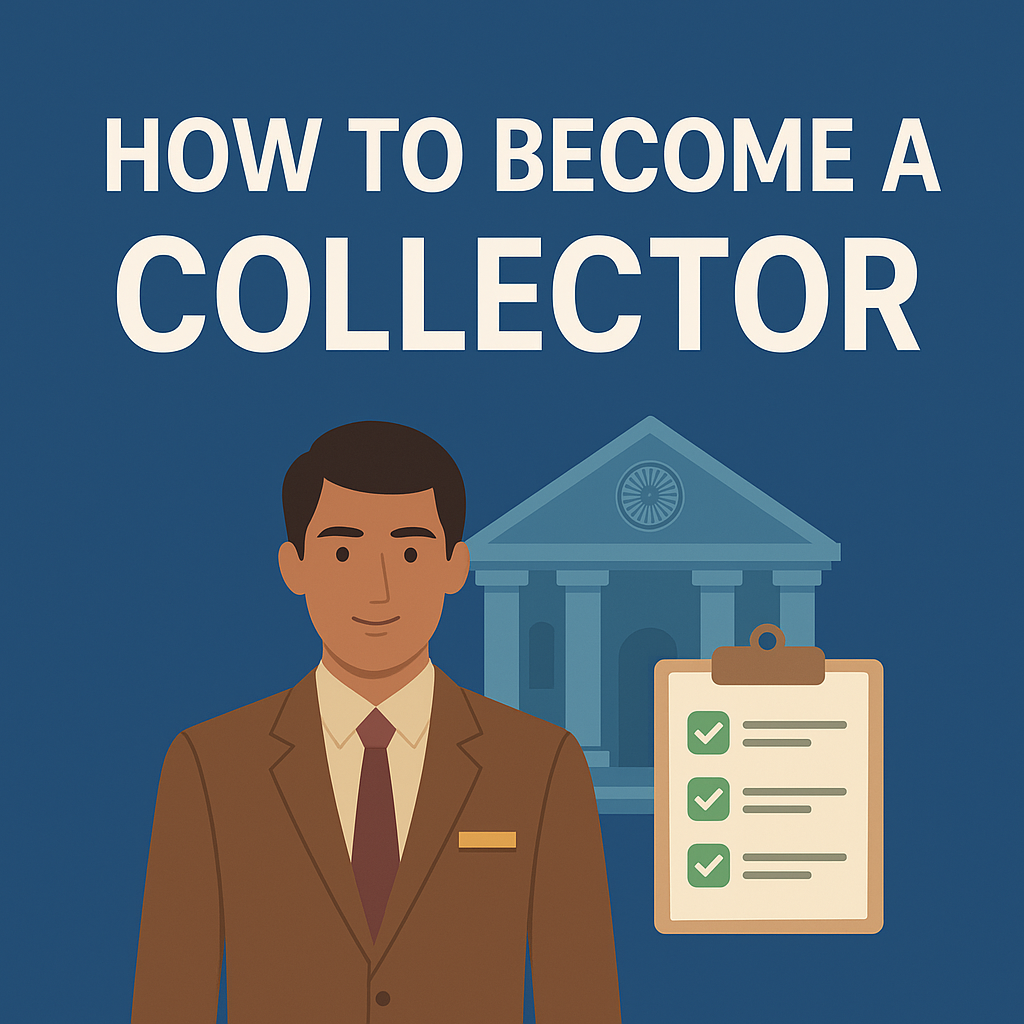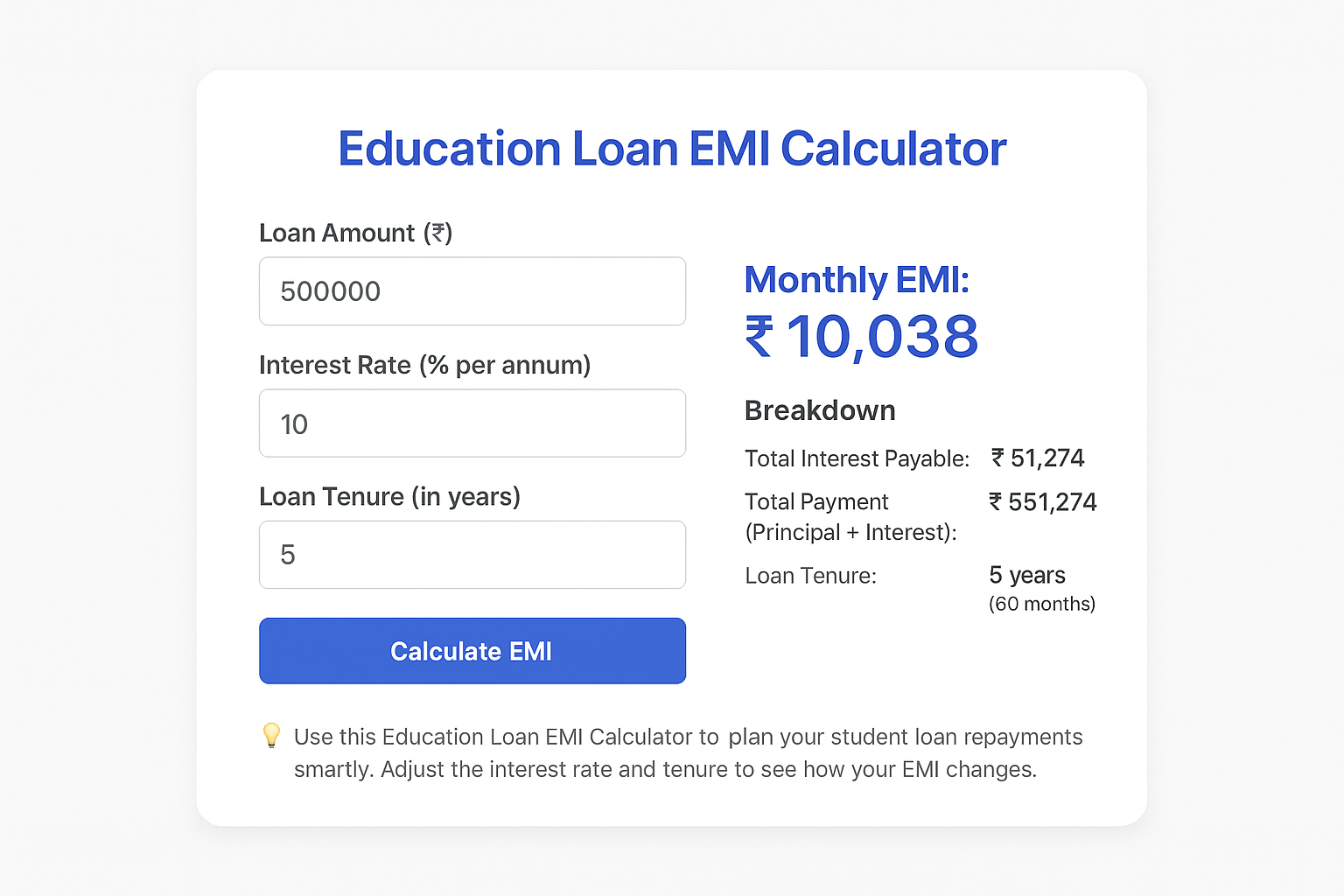Collecting is more than just a hobby—it’s a passion, a lifestyle, and sometimes even a valuable investment. Whether you’re drawn to rare coins, vintage toys, stamps, artwork, or antiques, becoming a collector allows you to explore history, culture, and craftsmanship in a deeply personal way.
How to Become a Collector in India
If you’re wondering how to start collecting and what it takes to become a successful collector, this guide is tailored for you. From choosing what to collect to sourcing, preserving, and displaying your treasures, we’ll walk you through every essential step.

Why People Become Collectors
People collect for various reasons:
- Passion or Interest: Many collectors feel a strong personal interest in the items they collect, whether it’s related to history, pop culture, or art.
- Investment Potential: Some collectibles, such as vintage watches or rare coins, increase in value over time.
- Nostalgia: Collecting items from childhood, like comic books or toys, brings back fond memories.
- Educational Purpose: Collecting stamps or fossils can teach geography, biology, and history.
Step 1: Choose What to Collect
This is the most critical decision. Ask yourself:
- What am I passionate about?
- Do I prefer modern or historical items?
- Am I interested in items for display or investment?
Popular Collectible Categories:
- Coins & Currency
- Stamps
- Art (Paintings, Prints, Sculptures)
- Vintage Toys & Action Figures
- Antiques (Furniture, Clocks, Jewelry)
- Books & Comics
- Sports Memorabilia
- Watches & Timepieces
- Sneakers & Fashion Items
Tip: Start small and specialize in a niche to build expertise.
Step 2: Set a Budget
Collecting can range from inexpensive to extremely costly. Determine your budget early to avoid overspending. Consider:
- Initial Purchase Cost
- Storage & Maintenance (e.g., cases, climate control)
- Authentication Fees
- Insurance Costs (for valuable collections)
Set aside a monthly or annual amount you’re willing to invest in your collection.
Step 3: Research Your Chosen Collectible
Knowledge is power. Learn everything you can about your collectible.
- Understand Market Value Trends
- Learn to Spot Fakes and Reproductions
- Join Collector Forums and Communities
- Read Books, Magazines, and Online Guides
For example, if collecting coins, familiarize yourself with mint marks, grading systems, and rarity scales.
Step 4: Start Acquiring Items
Begin with accessible, affordable items in your chosen niche. Some options for buying include:
- Online Marketplaces (eBay, Etsy, auction sites)
- Collector Shows & Fairs
- Local Antique Shops
- Estate Sales & Auctions
- Swap Meets or Flea Markets
Pro Tip: Always ask for certificates of authenticity when buying expensive collectibles.
Step 5: Preserve and Protect Your Collection
Proper storage is essential to maintain the value and condition of your collection.
- Use acid-free containers for paper items like stamps or comics.
- For coins, use soft holders and avoid direct handling.
- Display items in UV-protected cases to prevent fading.
- Maintain climate-controlled storage for antiques and art.
Consider taking inventory of your collection and photographing each item for insurance and reference.
Step 6: Join Collector Communities
Engage with other collectors to expand your knowledge and network.
- Join online forums, Facebook groups, and Reddit communities.
- Attend collector conventions, expos, or workshops.
- Become a member of professional organizations, such as the American Numismatic Association (ANA) for coin collectors or APS for stamp collectors.
Networking can help you find rare pieces, trade items, and stay informed about trends.
Step 7: Evaluate and Expand
As your collection grows, periodically evaluate its value and condition.
- Get items professionally appraised for insurance or resale.
- Track value appreciation over time.
- Consider expanding into sub-niches or higher-value pieces.
If desired, monetize your collection through:
- Auctions or sales
- Renting items for exhibitions
- Starting a blog or YouTube channel about your collection
Best Practices for New Collectors
- Patience Pays Off: Collecting is a long-term hobby. Don’t rush.
- Stay Informed: Follow market news and trends in your collecting niche.
- Quality Over Quantity: One rare, high-quality item can be more valuable than dozens of common ones.
- Build Relationships with Sellers: Trusted dealers offer better access to exclusive items and fair prices.
Conclusion: Start Your Collector Journey Today
Now that you know how to become a collector, it’s time to begin your journey. Whether you’re collecting for love, legacy, or investment, collecting is a rewarding and enriching hobby. Start small, stay curious, and enjoy the process of discovering and preserving amazing items.




